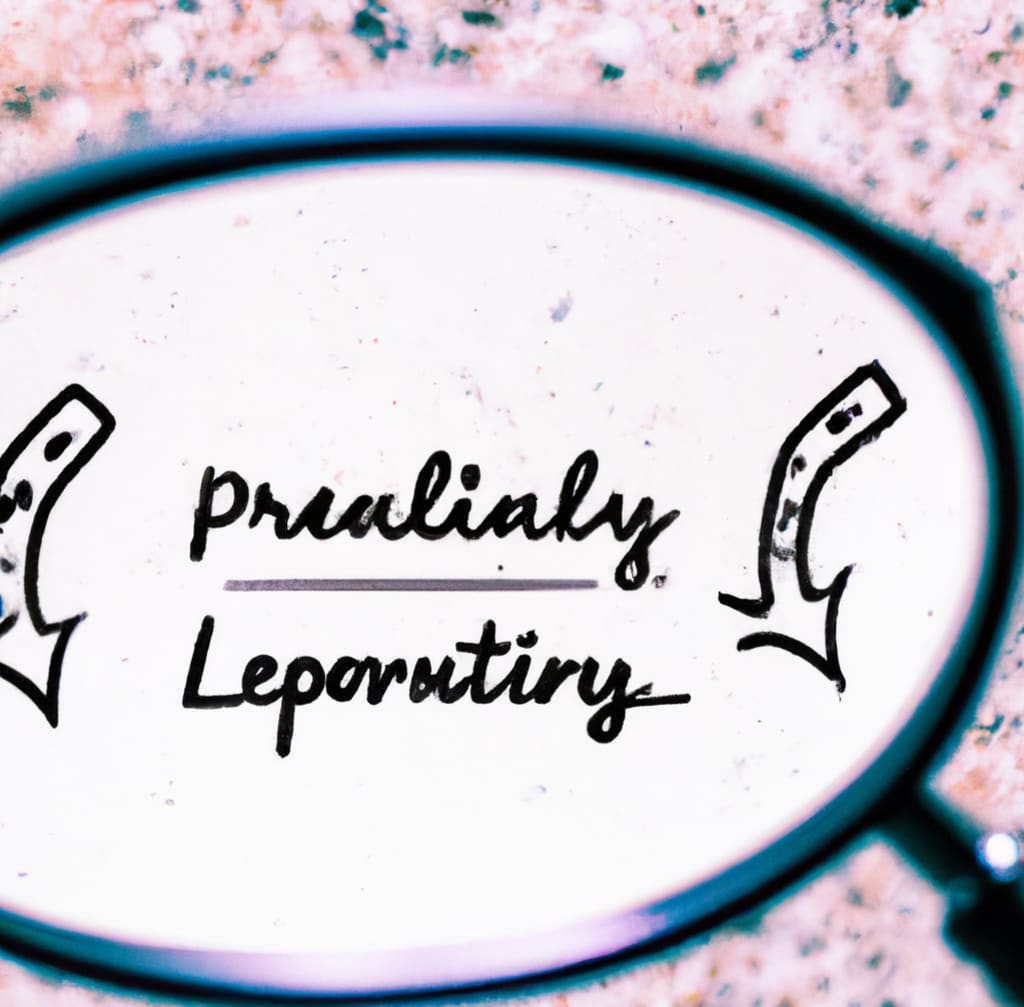What is an avoidant personality?
Key characteristic: Ambivalence or keeping a distance.

1.Particularly afraid of inconveniencing others. They won't actively seek help and appear nonchalant on the surface, but deep down, they crave someone who can see their need for assistance, companionship, and comfort. If the other person doesn't do this, they tend to doubt their self-worth and feel unimportant.
2.Emotionally sensitive and prone to mood swings. They have an inner sensitivity and often find it hard to believe that someone truly understands them and cares for them. This lack of security leads to them being overly concerned about minor issues and feeling that their emotions are unpredictable.
3.Master of avoidance. They often make excuses to avoid social engagements, especially if someone invites them to do something. Even when they agree to something initially, as the date approaches, they may become anxious and eager to cancel plans (although they may not actually do so). Afterward, they may not feel guilty for canceling and may even feel relieved.
4.Place a strong emphasis on commitments. If someone fails to follow through on a commitment, no matter how small, it feels like a betrayal and a personal rejection to them. They interpret it as a sign that they are not valued or cared for.
5.Focus on deficiencies, especially in their relationships, leading them to constantly scrutinize their partners. They can't help but question every word and action, often assuming that it's insincere. They excel at negative interpretations and frequently find themselves in a cycle of self-doubt and self-criticism, even shedding tears over their perceived shortcomings. They struggle with feelings of inadequacy and struggle to believe that someone could genuinely care for them, often seeking reassurance.
On the surface, they can appear uncertain about entering a relationship. They may be ambivalent about whether people are genuinely good to them or not, vacillating between feeling sweet and bitter about potential partners. However, as soon as the other person expresses a sincere interest, a desire to be together, they may immediately become apprehensive. They might abruptly change from warm and affectionate to cold and distant. This emotional flip-flop can manifest in various ways, such as an inability to express affectionate words like, "I miss you, I love you, I want to be with you forever," and even feeling uneasy when they see someone expressing such sentiments toward them.
They tend to think about breaking up during arguments. In their romantic relationships, an argument often means breaking up, and breaking up means deleting and blocking the other person. They don't think about finding solutions or continuing the relationship; their immediate reaction is to sever ties. Afterward, they may feel regretful, especially if the other person responds with anger. This regret can lead to feelings of guilt, and they might shift from being distant to being affectionate again, often questioning whether they truly dislike the other person or if they are just incapable of liking anyone.
They have a deep fear of the unknown. Every time they have to do something new or enter a new phase in life, they tend to focus on potential troubles and negative outcomes. For example, when invited to join a group activity, they might worry that they'll be left out or isolated. Even in areas where they excel, they hesitate to showcase their abilities and tend to magnify their mistakes and others' potential judgments. Despite no real evidence of negative attention or isolation, they still have a strong desire to escape these situations.
They pursue idealized soulmates. All conflicts seem to stem from their partner not understanding or loving them enough, so they think about ending the relationship. Once they start dating someone who listens to them, they often find fault with them and even feel disgusted when they receive affection. They pursue a Platonic ideal of love and believe that the best kind of love is the one that's unattainable. This ideal soulmate is a construct they've created in their minds, a person who would make them feel worthy and valuable. This belief provides them with a justification to reject and avoid real, close relationships.
They resist being controlled by intimate partners. In their daily lives, they may come across as warm and accommodating with friends, considered gentle and kind by those who know them casually. However, when it comes to intimate relationships, they can display strong emotional reactions. For example, they may react strongly to criticism or even a simple, meaningful phrase that could be interpreted as tearful. They internally resist feeling controlled and might respond with a strong desire to break free, often by abruptly ending the intimate relationship.
They're actually quite good at "arguing." Due to their constant introspection, they understand how to articulate points that can hit their partner's sore spots. However, most of the time, they refrain from engaging in direct confrontation (hence the term "arguing"). Instead, they often internalize their thoughts and feelings, which can lead to an intense aversion to open conflict. When they do engage in a heated argument, they might become overwhelmed and lose control, unleashing deep-seated inner conflicts. This internal turmoil may manifest externally as a strong aversion to the conversation, often culminating in distancing themselves from the intimate relationship.
They are drawn to anxious partners. It's strongly advised not to be in a relationship with someone who has an anxious attachment style. Imagine being with someone who constantly asks what you're doing, who you're with, if you like them, if you care about them, and if you want to be together forever. Can you imagine the constant need for reassurance and the overwhelming desire for your attention and affection? One partner wants to "control," and the other partner wants to resist being "controlled." It can be an incredibly painful dynamic.
They have learned to accept indifference and rejection. What may seem like a simple sentence can be a monumental internal struggle for them, often requiring great courage to express a desire or request (usually after building up a significant amount of trust and confidence in their partner). Therefore, if they receive indifference and rejection in response, the relationship usually comes to an end. It's not that they despise the other person; rather, they dislike themselves. They feel unworthy and believe they shouldn't expect anything or have any desires.
Have you ever encountered a stray cat? It hides in the shadows, the closer you get, the more it avoids you, and it might even use its claws to defend itself. Its eyes reflect fear and hostility. However, as long as you approach it with patience and gentleness, it will eventually come out, gaze at you tenderly, and express its affection—a unique and precious kind of affection.
Nobody is born prickly. Countless instances of avoidance and pushing people away stem from feelings of self-doubt, believing they aren't good enough and fearing that their flawed selves will be taken advantage of, hurt, or abandoned.
If they haven't received enough love and encouragement or if they've experienced disappointment and rejection despite pouring their heart and soul into loving and giving, this can shape their behavior.
If you genuinely care about someone like this, consider it carefully. Instead of blaming them for their avoidance and labeling them as "mentally ill," or saying they don't deserve love, understand that they may have been through tough experiences. You don't have to drag them out of the abyss, but please don't push them deeper. When they start acting hot and cold or trying to escape you, it's a sign that they're trying to connect with you but lack self-confidence and faith in deep relationships.
Perhaps more patience is needed. Avoid rushing, let the relationship develop naturally, don't pressure them, respect their personal space, and show appreciation and praise to make the affection between you two clear.
About the Creator
Enjoyed the story? Support the Creator.
Subscribe for free to receive all their stories in your feed. You could also pledge your support or give them a one-off tip, letting them know you appreciate their work.





Comments
There are no comments for this story
Be the first to respond and start the conversation.